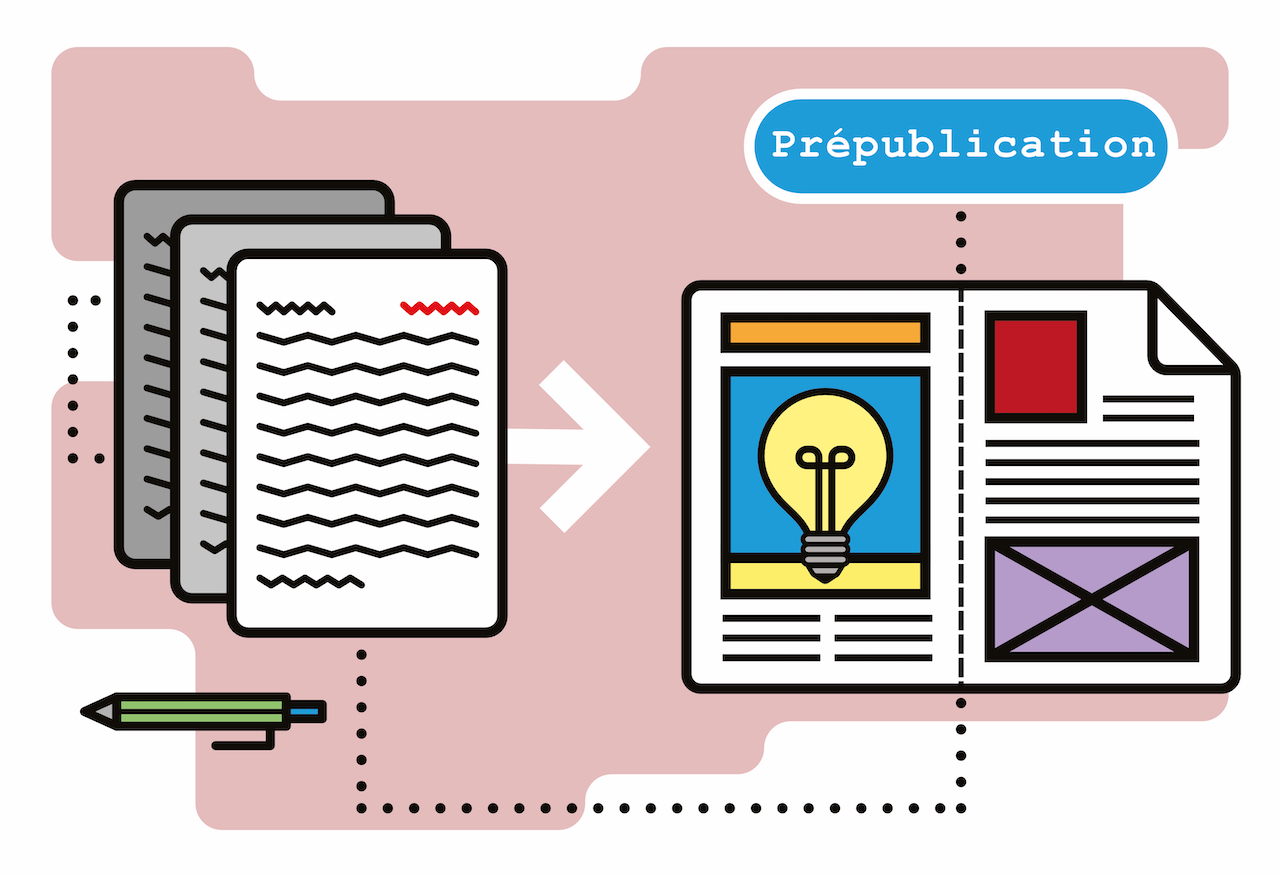Fiche du document
20 mai 2025
- ISIDORE Id: 10670/1.cedb18...
- hal: hal-05075017
info:eu-repo/semantics/OpenAccess
Mots-clés
Social Comparison Demotivation Networks Strategic Substitutes Equilibrium Welfare C - Mathematical and Quantitative Methods/C.C7 - Game Theory and Bargaining Theory/C.C7.C72 - Noncooperative Games D - Microeconomics/D.D8 - Information, Knowledge, and Uncertainty/D.D8.D83 - Search • Learning • Information and Knowledge • Communication • Belief • Unawareness D - Microeconomics/D.D8 - Information, Knowledge, and Uncertainty/D.D8.D85 - Network Formation and Analysis: TheorySujets proches
Social comparison theoryCiter ce document
Frédéric Deroïan et al., « The Dark Side of Peers: Demotivation through Social Comparison in Networks », HAL SHS (Sciences de l’Homme et de la Société), ID : 10670/1.cedb18...
Métriques
Partage / Export
Résumé
This paper introduces demotivation in the context of social comparison in networks. Social comparison is modeled as a status effect rewarding or penalizing agents according to their relative performance with respect to local peers. A demotivated agent faces both a reduced marginal return to effort and a psychological cost. In the absence of demotivation, social comparison leads to higher effort levels but reduces equilibrium welfare. Introducing demotivation leads to two main findings. First, it generates a network game of strategic substitutes. Second, despite the individual psychological costs incurred by demotivated agents, it can enhance overall welfare—by alleviating social pressure to exert effort and by generating positive externalities for peers.
